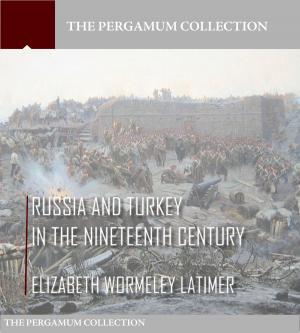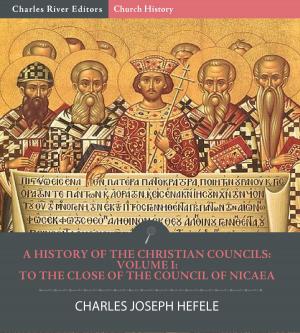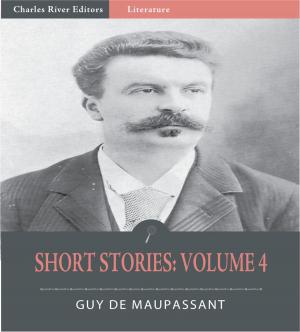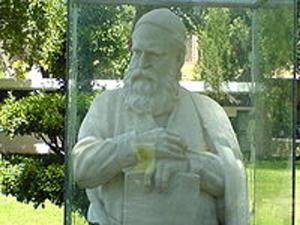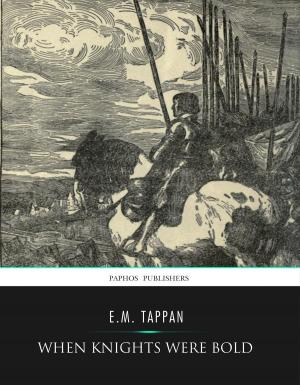| Author: | Frederic Bastiat | ISBN: | 9781619828797 |
| Publisher: | Charles River Editors | Publication: | January 18, 2012 |
| Imprint: | Language: | English |
| Author: | Frederic Bastiat |
| ISBN: | 9781619828797 |
| Publisher: | Charles River Editors |
| Publication: | January 18, 2012 |
| Imprint: | |
| Language: | English |
Claude Frédéric Bastiat (29 June 1801 24 December 1850) was a French political economist, and member of the French assembly. Coming of age during the Napoleonic Era, Bastiat witnessed extensive government intervention in economic affairs, which shaped his political philosophy. After the Revolution of 1830, Bastiat became politically active and was elected justice of the peace in 1831. He was elected to the national legislative assembly after the French Revolution of 1848. Bastiat was the author of many works on economics and political economy, the most influential being The Law, originally published as a pamphlet in 1850. The Law defines a just system of laws and then demonstrates how such law facilitates a free society. Applicable today, the E.U. and the United States face substantial debts as a result of governmental safety nets like Social Security, which Bastiat criticizes as government philanthropy. The Law notes that government philanthropy can be limitless, resulting in excessive government growth. Bastiat writes, "I do not dispute their right to invent social combinations, to advertise them, to advocate them, and to try them upon themselves, at their own expense and risk. But I do dispute their right to impose these plans upon us by lawby forceand to compel us to pay for them with our taxes." Despite being over 150 years old, The Law is still widely read today, and it was recently recommended by presidential candidate Ron Paul. This edition is specially formatted for ereaders.
Claude Frédéric Bastiat (29 June 1801 24 December 1850) was a French political economist, and member of the French assembly. Coming of age during the Napoleonic Era, Bastiat witnessed extensive government intervention in economic affairs, which shaped his political philosophy. After the Revolution of 1830, Bastiat became politically active and was elected justice of the peace in 1831. He was elected to the national legislative assembly after the French Revolution of 1848. Bastiat was the author of many works on economics and political economy, the most influential being The Law, originally published as a pamphlet in 1850. The Law defines a just system of laws and then demonstrates how such law facilitates a free society. Applicable today, the E.U. and the United States face substantial debts as a result of governmental safety nets like Social Security, which Bastiat criticizes as government philanthropy. The Law notes that government philanthropy can be limitless, resulting in excessive government growth. Bastiat writes, "I do not dispute their right to invent social combinations, to advertise them, to advocate them, and to try them upon themselves, at their own expense and risk. But I do dispute their right to impose these plans upon us by lawby forceand to compel us to pay for them with our taxes." Despite being over 150 years old, The Law is still widely read today, and it was recently recommended by presidential candidate Ron Paul. This edition is specially formatted for ereaders.


